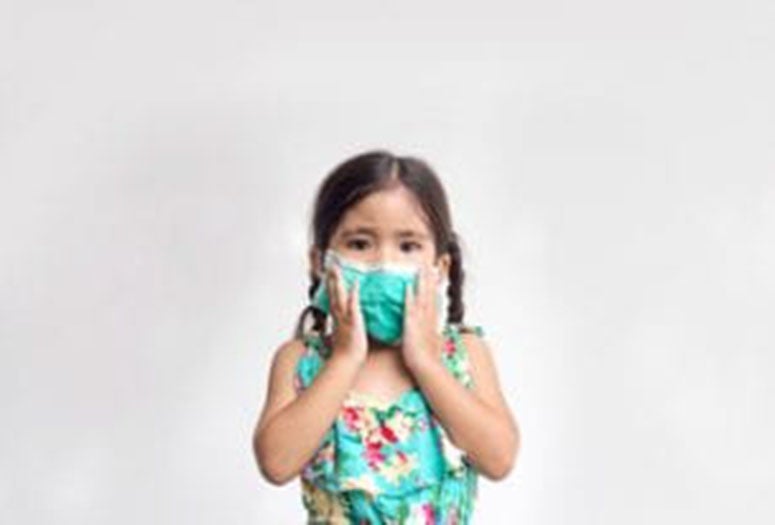HOUSTON -- (May 11, 2020) – States facing sudden drops in tax revenue amid the pandemic are announcing deep cuts to their Medicaid programs just as millions of newly jobless Americans are surging onto the rolls.
Children could be disproportionately affected, because the percentage of Medicaid spending that states have to bear for adults is much lower, according to health economics experts at Rice University.
Richard Boylan, professor of economics, and Vivian Ho, the chair in health economics at Rice's Baker Institute for Public Policy and a professor of economics, studied the issue in their 2017 paper, "The Most Unkindest Cut of All? State Spending on Health, Education and Welfare During Recessions." They found state spending cuts during economic downturns fall more heavily on children than the elderly. The scholars are available to discuss their insights with the news media.
"The negative revenue swings we mentioned in that paper will be much steeper in this downturn," said Ho, who is also a professor at Baylor College of Medicine. "We found that that the cuts to Medicaid fell mostly on children. However, our previous analysis did not include data from after the Obamacare Medicaid expansion to adults in many states. Nevertheless, children could still be disproportionately affected, because the percentage of Medicaid spending that states have to bear for adults is much lower, namely 10%."
In discussing the 2017 paper, Ho said, "We became interested in studying the effects of economic downturns on public spending during the Great Recession of the late 2000s, when media outlets were filled with stories about states cutting optional Medicaid benefits, increasing school class sizes and reducing course offerings. More broadly, there is growing political sentiment that government spending should be slashed in order to reduce waste in the system."
The researchers' analysis indicates that on average, states suffered a $222 per capita negative revenue swing in 2009, which in the long term led to a $64 cut in Medicaid spending per child beneficiary, a 1% reduction in the number of elderly people enrolled in Medicaid and an $82 per capita cut in long-run state education spending.
"The combined cuts to Medicaid and education measured in our study suggest that spending cuts during economic downturns fall more heavily on children than the elderly," Boylan said. "The Medicaid cuts are sobering, given that other economists have found that Medicaid coverage is effective in reducing infant and child mortality."
-30-
To schedule an interview with Ho or Boylan or for more information, contact Jeff Falk, director of national media relations at Rice, at jfalk@rice.edu or 713-348-6775.
Related materials:
Boylan bio: https://economics.rice.edu/faculty/richard-boylan
Ho bio: www.bakerinstitute.org/experts/vivian-ho
Follow the Baker Institute via Twitter @BakerInstitute.
Follow the Baker Institute’s Center for Health and Biosciences via Twitter @BakerCHB.
Follow Rice News and Media Relations via Twitter @RiceUNews.
Founded in 1993, Rice University’s Baker Institute ranks as the No. 2 university-affiliated think tank in the world and the No. 1 energy think tank in the world. As a premier nonpartisan think tank, the institute conducts research on domestic and foreign policy issues with the goal of bridging the gap between the theory and practice of public policy. The institute’s strong track record of achievement reflects the work of its endowed fellows, Rice University faculty scholars and staff, coupled with its outreach to the Rice student body through fellow-taught classes — including a public policy course — and student leadership and internship programs. Learn more about the institute at www.bakerinstitute.org or on the institute’s blog, http://blog.bakerinstitute.org.

